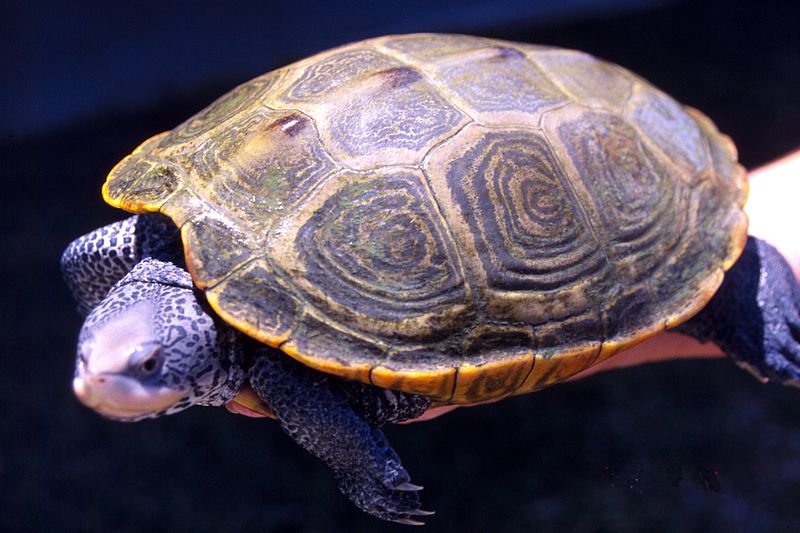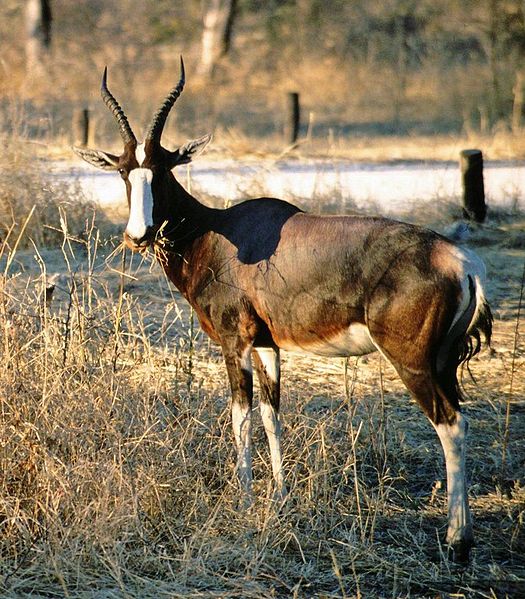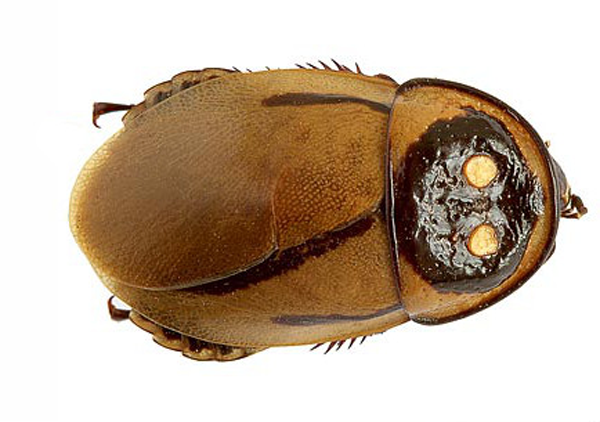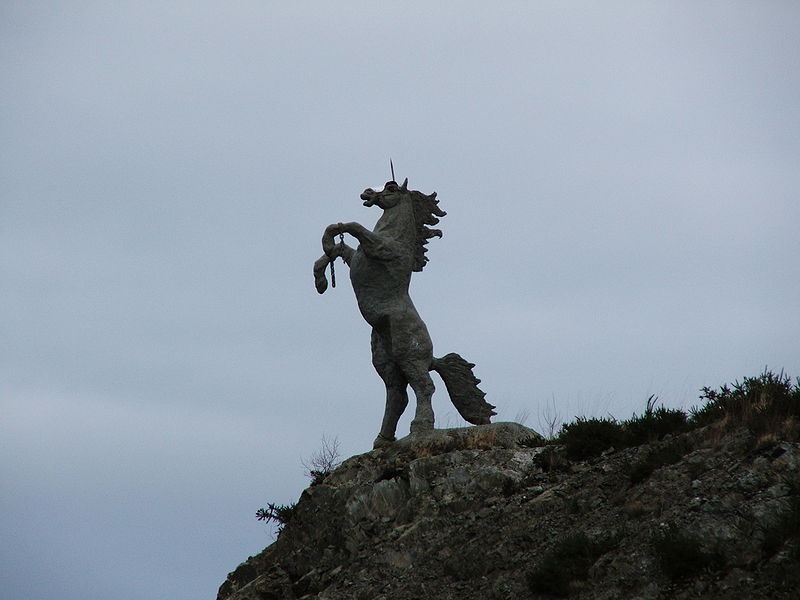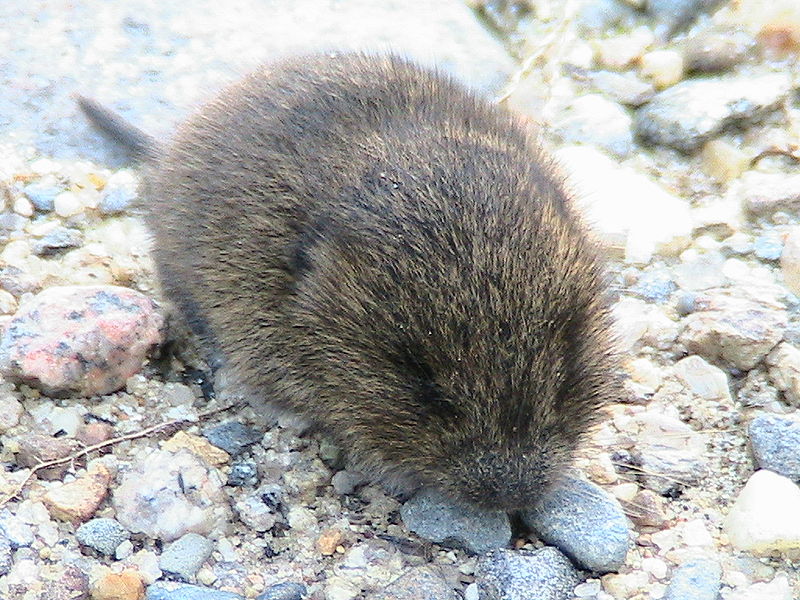
As I mentioned in yesterday’s White-Tailed Deer post, we are heading back to the smaller garden pests, but don’t worry we won’t be learning about insects today. Instead, we are going to explore the life of a small rodent that can do unbelievable damage to your garden crops. By now, you probably realize I am talking about the Meadow Vole, which are also known as Field Mice in North America. The term “Field Mice” represents different animals in Europe and South America. Well, let’s head out to the field and start searching for the pesky Meadow Vole.
Our little vole friend lives in a variety of environments including fields, forests, marshes, along lakes and rivers and even in your house……if you have a pet Meadow Vole, of course. As a result of their diverse habitat preferences the Meadow Vole is considered a pest among just about every type of agriculture that exists including fields, gardens, and forest plantations. As well, your crops are not even safe during the winter, since these little critters are active all year round. They have no problems living under the snow and burrowing into the ground. Their burrowing habits also ensure that root plants such as potatoes are constantly in jeopardy of being destroyed. Don’t worry though, the Meadow Vole does not discriminate and will also destroy above ground crops as well.
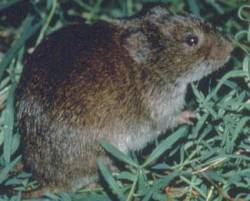
I am starting to think that a successful breeding strategy is a common characteristic for garden pests. Yep, the Meadow Vole is also a prolific breeder that is capable of having 12 litters per year. Typically, each litter will have between 4 and 6 young but some species have been known to have as many as 11 babies in one litter. No wonder these critters need to steal food from your garden….look at how many mouths they have to feed.
Meadow Vole Fast Fact – Interestingly enough, the Meadow Vole tends to be nocturnal during the summer months but once winter rolls around they start hanging out during the day. My guess is they like soaking up the nice winter sunshine before going back underground to destroy your overwintering plants.
That does it for another Garden Pest. I hope you enjoyed learning about the Meadow Vole and will join me tomorrow for the last Garden Pest Wild Fact of the week.

